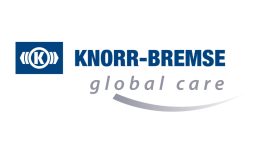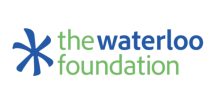Female Health & Hygiene Accelerator
Promoting sustainable business models for women's health in Kenya, Uganda and Ghana
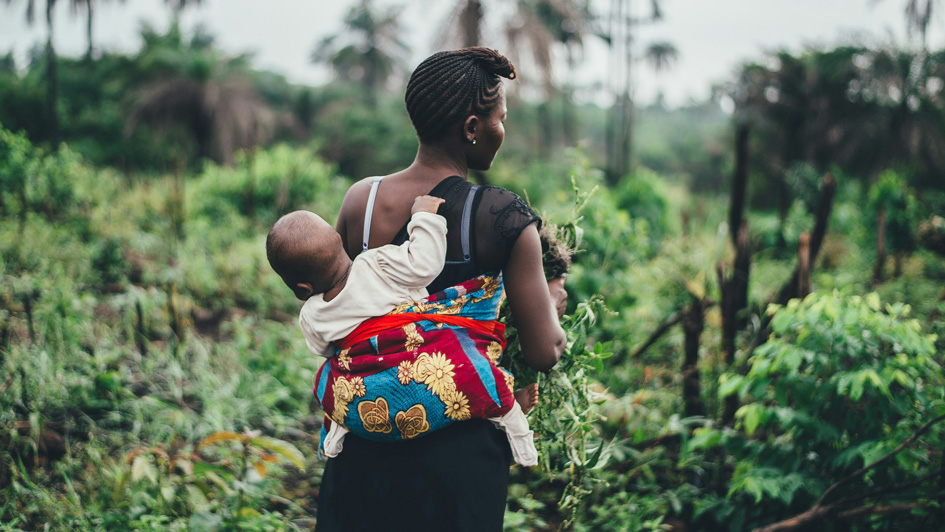
The Female Health & Hygiene Accelerator (FHHA) is an innovative 18-month program launched by Siemens Stiftung in collaboration with Cewas, Seecon Impact and other partners. The aim of the FHHA is to promote sustainable business models in the field of women’s health and hygiene in Kenya, Uganda and Ghana. The program supports promising companies in scaling up their solutions and becoming investment-ready to effectively address the challenges in this important sector.
Project
The FHHA promotes sustainable business models to improve women’s health in the target countries. The program supports companies from various sectors, including menstrual health and hygiene, education, Femtech-solutions and sexual and reproductive health. A total of 8 to 10 high-potential companies will be supported. The 18-month accelerator program combines proven approaches with innovative concepts to improve entrepreneurial and financial know-how, develop realistic funding strategies, create impactful value propositions and attract impact investors and funding partners.
Support services for companies:
- Training and coaching on business models, organizational structures and SDG-related impact management
- Possibility to receive a micro-grant of €10,000
- Networking with investors
Background
Lack of access to WASH facilities (water, sanitation & hygiene) and hygiene products makes it difficult to manage menstruation safely and with dignity, which has far-reaching health and social consequences. Over 500 million women and girls worldwide have difficulties accessing resources for menstrual health and hygiene. The consequences are complex: girls miss out on school, women stay away from work and many suffer social exclusion during their periods. Poor hygiene due to a lack of products or inadequate sanitation can lead to serious health problems, including infections and in severe cases even toxic shock syndrome. In addition, period poverty significantly affects the educational opportunities and economic participation of women and girls.
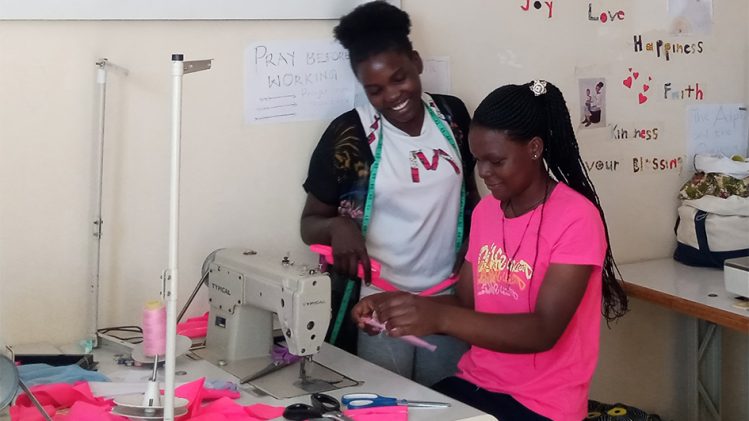
New Study by Cewas
Find out more about the opportunities and challenges for entrepreneurs, innovative solutions and funding opportunities in the area of female health & hygiene.
Impact
Sustainable Development Goals (SDGs)
The FHHA supports the following Sustainable Development Goals (SDGs) of the United Nations:
- SDG 3 Health and well-being: Improve the health and well-being of women and girls
- SDG 5 Gender Equality: Promote gender equality through improved access to health and hygiene products
- SDG 6 Clean water and sanitation: Support solutions for safe and gender-sensitive sanitation facilities
In addition, the project also has positive effects on education, health and the safety of women and girls due to the close interweaving of menstrual hygiene with other socio-economic factors.

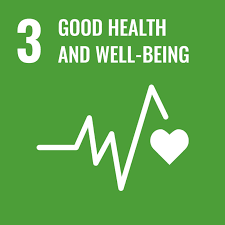
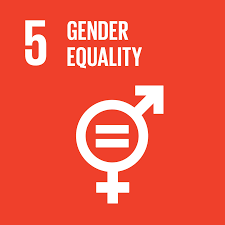
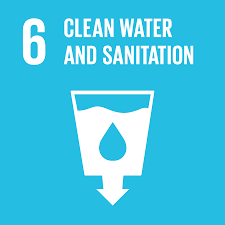
Contact
Would you like to work with us? Or do you have any questions?
Project Manager
Julia Wachsmann
julia.wachsmann@siemens-stiftung.org
Senior Project Manager
Christine Meinhardt
christine.meinhardt@siemens-stiftung.org



